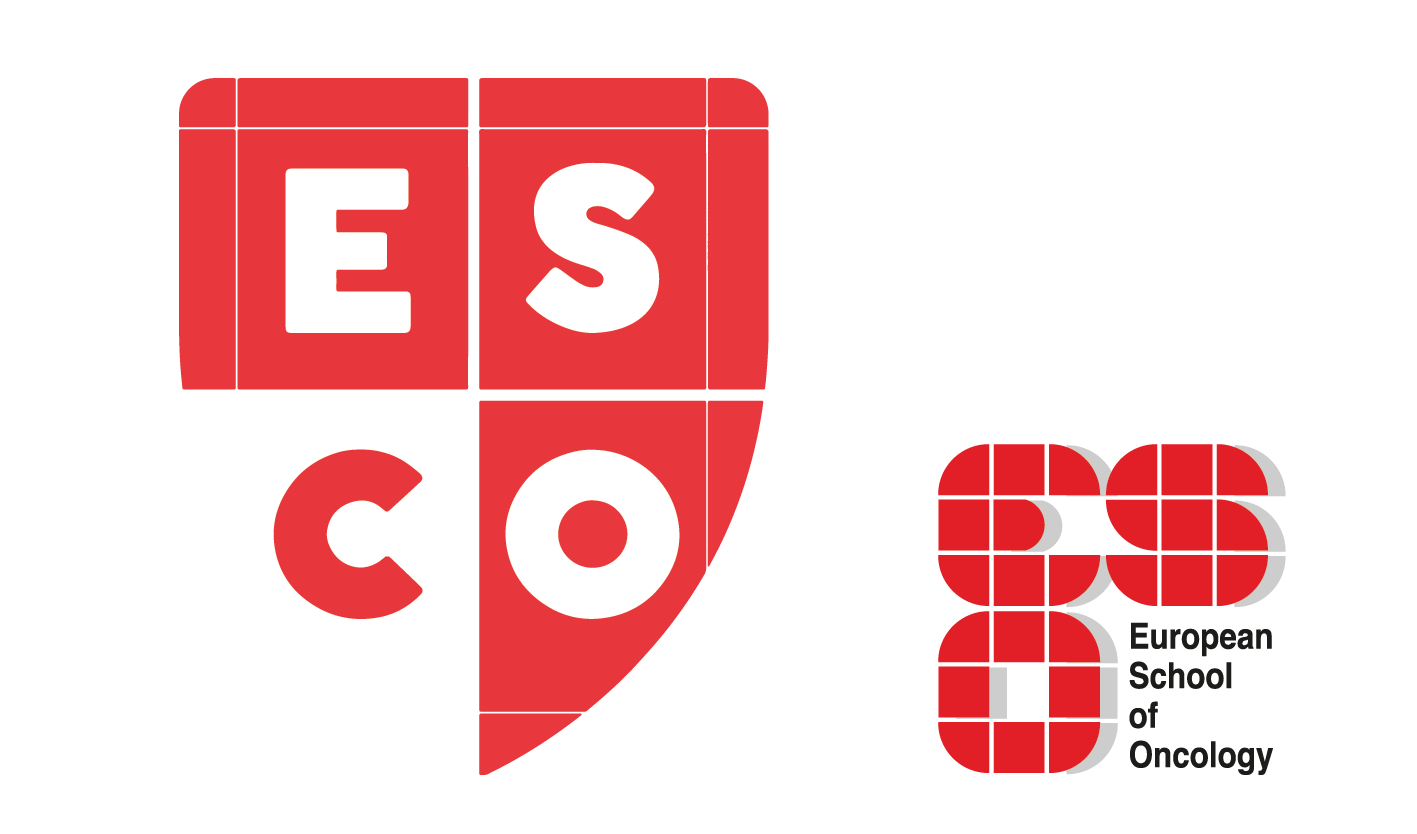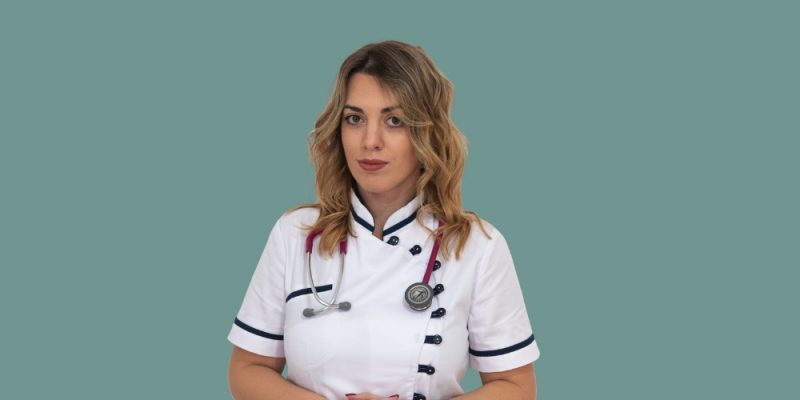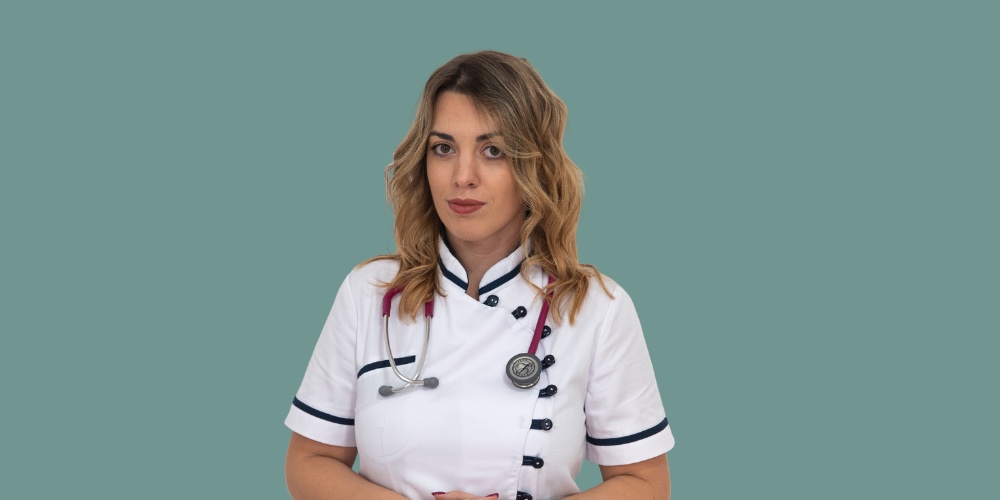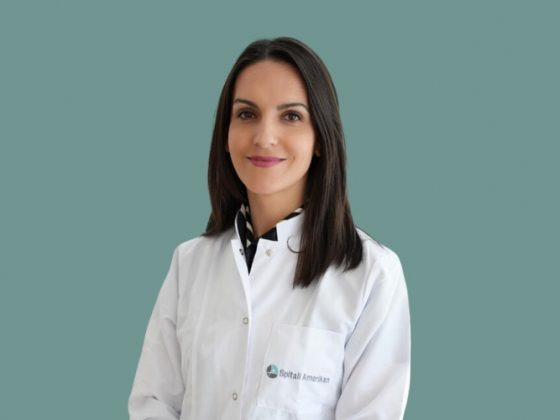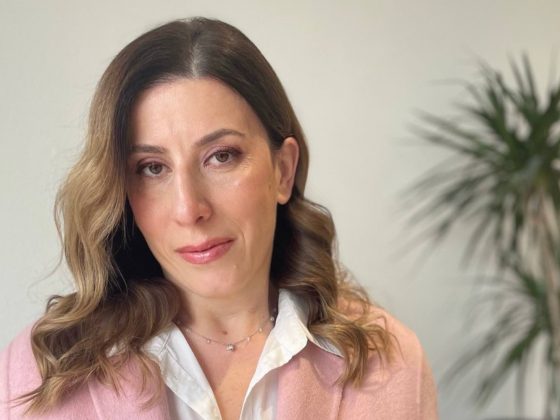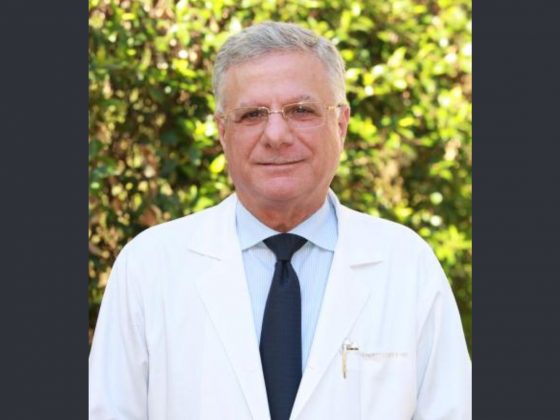“Wait! You can’t give your patients pemetrexed?” my young colleague exclaimed during a break between lectures at an international meeting. Quietly, feeling the heat rise to my cheeks, I replied, “No, it is not available in my country for that indication.” That “no” became etched in my brain, making me feel utterly defeated and sad – inadequate.
Seeking solace, I shared this experience with a senior colleague, who advised me not to dwell on it, emphasizing that we can only do our best. This left me questioning what my best truly entailed and what actions I could take.
Facing me, I have a patient who wants to survive the disease, or at least to live as long as possible while maintaining their quality of life. Facing my patient is me – an oncologist who has the same goal, with the awareness that it can be a difficult task. It seems that a key step must be to gain a greater awareness of a problem whose full extent I have only recently come to recognize.
Research by Vaccarella et al. into socioeconomic inequalities in cancer mortality among the populations of 18 European countries found that the risk of dying from cancer is significantly impacted by educational disparities – those with lower levels of education had higher death rates across most cancers. The size of the impact is significantly higher in men, with 32% of male cancer deaths tied to educational inequality compared with 16% for women. Disparities in income have also been shown to affect the risk of dying from certain cancers, through their impact on access to cancer screening and treatment. Bozhar et al. discovered that, in southern Europe, individuals with lower incomes are less likely to undergo breast and colorectal cancer screening compared to those with higher incomes, thereby reducing the chances of having their cancers diagnosed at an early, more curable stage.
A recent Lancet editorial argued that, to effectively address disparities in cancer mortality and survival, it’s crucial to tackle both cancer inequality and cancer inequity. Inequality relates to an uneven allocation of resources, whereas inequity relates to unjust, avoidable differences in care or outcomes, and is shaped by factors such as race, refugee status, poverty, socioeconomic conditions, gender discrimination, and challenges faced by minority and disabled populations. The distinction between inequality and inequity is crucial because it emphasizes that simply providing equal resources won’t close care gaps unless all individuals within their health system receive the specific care needed for comparable outcomes. Addressing these issues separately is also important, given Europe’s aging population and rising cancer rates, as tailored strategies are required to effectively target both inequity and inequality in cancer care.
I searched for potential solutions, which led me to an article detailing a conference organized by the Pontifical Academy of Sciences and the European Academy of Cancer Sciences in February 2023. The focus of this gathering was on tackling global inequality in cancer care and prevention. Leaders from diverse fields emphasized the importance of international collaboration, affordable treatments, accessible research, and advancing education for both patients and physicians, highlighting the need for science policy reforms to reduce inequality.
The conference highlighted the need to improve integration between basic research and clinical practice, to make cancer care advances more accessible. Urgent action is needed to prevent disparities in access to methods like biomarker diagnostics and liquid biopsies, especially for resource-limited countries. Speakers stressed the importance of international collaboration, particularly through initiatives like the EU Mission on Cancer and the US Cancer Moonshot, though this may require revisiting data-sharing regulations. Such cooperation could help low- and middle-income countries adopt effective programs to reduce healthcare inequalities.
Policy changes aimed at promoting cost-effective research, alternative production methods, and local production were seen as essential in improving treatment access, particularly for high-cost therapies like CAR T-cell treatments and bi-specific antibodies, which have the potential to save lives in low- and middle-income countries. Greater collaboration between governments, healthcare providers, pharmaceutical companies, and non-profits, were seen as key, particularly in the areas of regulatory frameworks and government-backed research funding.
Public research funding was highlighted as key to promoting affordable care through, for instance, enabling fair pricing advocacy, supporting studies for generics to increase competition and lower prices, and investing in developing prevention strategies. Prevention initiatives like HPV vaccination and smoking cessation campaigns help reduce cancer incidence and improve cure rates. The resulting decrease in the burden of advanced cancers can free up more human and financial resources to be put towards tackling inequality and inequity.
Pharmaceutical companies were encouraged to adjust pricing to improve treatment access, while academia was urged to accelerate drug development through faster testing. Integrating basic science with clinical research was deemed essential for advancing personalized medicine, with Comprehensive Cancer Centers playing a crucial role in reducing inequalities. Sharing patient data and resources was highlighted as beneficial, particularly for underrepresented groups. The importance of educating young researchers was also emphasized; targeted PhD programs focused on patient needs were proposed to bridge the gap between basic and clinical research, and prepare future cancer researchers to address these challenges.
The vast range of potential actions required to reduce inequalities in cancer care can feel overwhelming, especially for someone young like me – and it has at times. In my mind, it’s crucial to choose the right first step, so it’s important to approach these issues in a way that’s understandable for a motivated young mind. Seeing this shared commitment to reducing unfair disparities, I am reminded that, while individual limitations exist, collective efforts and international cooperation can lead to meaningful change.
I believe that young oncologists should actively work to create change within their local healthcare system and improve the organization in cancer centers. This includes fostering patient education to help bridge disparities related to differing educational backgrounds and being attuned to the unique challenges faced by inequity-affected groups. An educated young oncologist, open to emerging technologies and modern scientific approaches, can contribute by integrating advancements into clinical practice, enhancing personalized medicine. By engaging in continuous education, young oncologists can build the confidence needed to influence health policies both nationally and globally.
My restlessness eased, I realized that advocating for policy changes within my hospital and country, seeking international collaborations, and raising awareness about the disparities in cancer treatment are my best first step in my endeavor toward reducing disparities in cancer treatment. While I may not be able to provide my patients with an immediate solution, I can be part of a larger movement striving to bridge these gaps, ensuring that, one day, no patient will be denied life-saving treatment due to their geographical location.
*Nevena Randjelovic, University Clinical Centre of Kragujevac, Kragujevac, Serbia. Article selected as part of the ESCO Voices Contest, in collaboration with Cancerworld.

